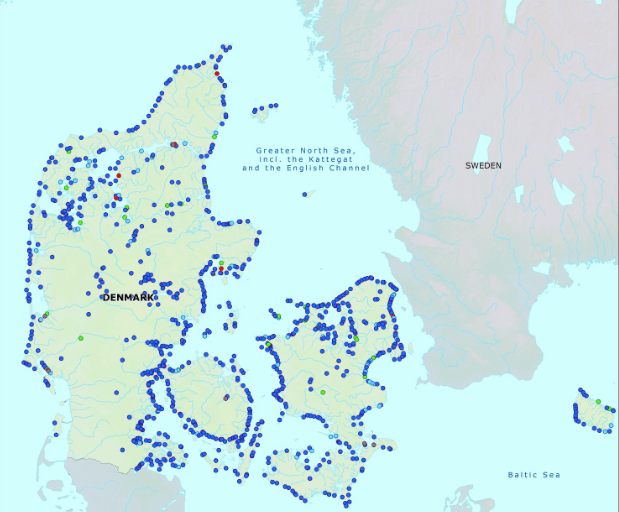It’s been a good few days for those who like to take a dip in Denmark.
First Copenhagen was ranked as the best capital in the world for swimming, and now the European Environment Agency (EEA) has released a report revealing that almost 87 percent of Danish bathing water is considered to be of an excellent quality.
Furthermore, measurements showed that 1,007 of Denmark’s 1,029 bathing spots were at the very least a good quality standard. That’s 97.9 percent.
“The quality of our bathing water is a source of pride for Europeans. That quality is due to good co-operation and constant vigilance. We all play a part: industry, local authorities and services together with citizens,” said Karmenu Vella, the European Commissioner for the environment, maritime affairs and fisheries.
There are only ten spots in Denmark that have been evaluated to be of a poor quality – most being in Jutland – while it was not possible to take measurements in 12 areas.
READ MORE: Copenhagen named best city in the world for swimming
Shocking Sweden?
Since the EEA began its bathing water quality measurements four years ago, the Danish bathing water quality has been gradually improving. Back then, 79.2 percent of bathing spots were of an excellent quality and there were 16 areas that had poor water quality.
Luxembourg had the cleanest bathing water in Europe, thanks to a perfect 100 percent score in excellent water quality areas (although it should be mentioned that the small country only has 12 bathing spots).
Malta came second, followed by Cyprus, Greece and Austria, while Croatia, Germany, Latvia, Italy, Portugal, Denmark and Belgium completed the top 12.
At the opposite end of the spectrum, Bulgaria had the lowest percentage of bathing areas with an excellent quality at 44.2 percent, followed by Romania, Albania and, surprisingly perhaps, Sweden.
Sweden like Finland, which also fared relatively poorly, has an enormous number of lakes.















